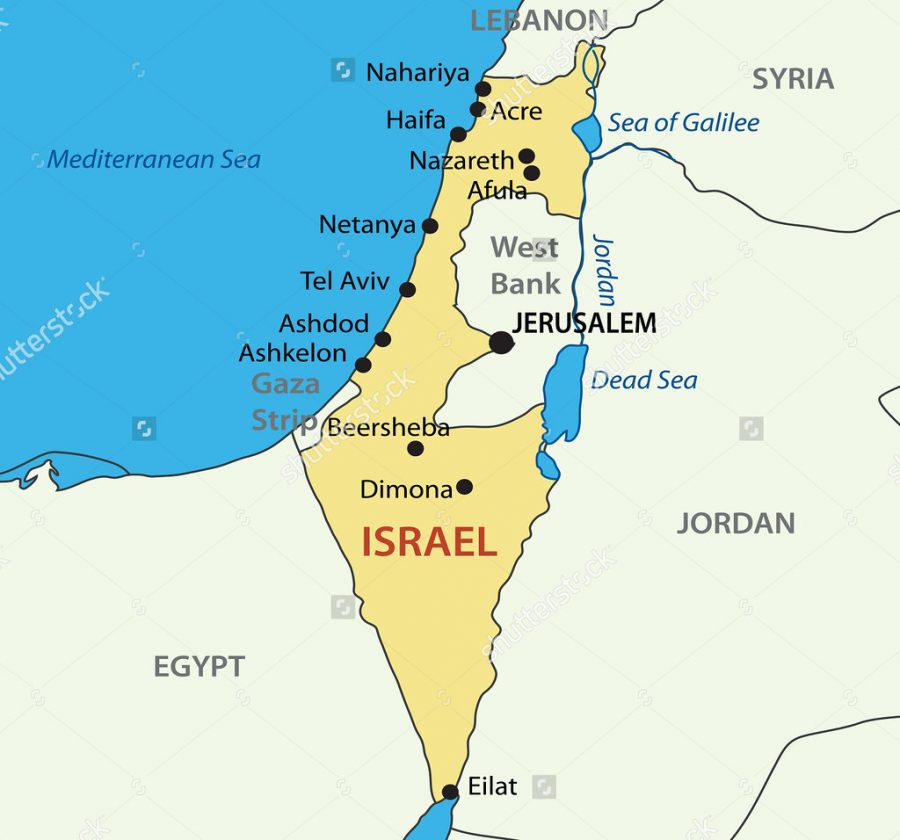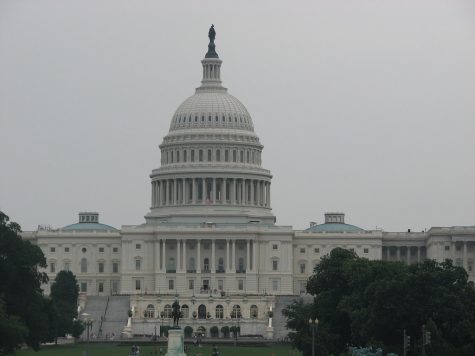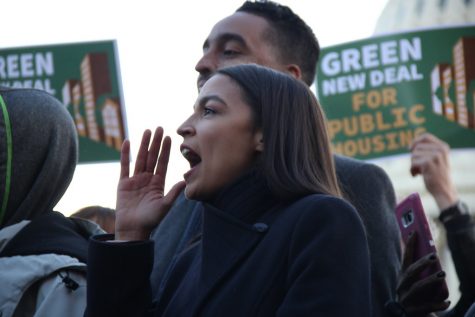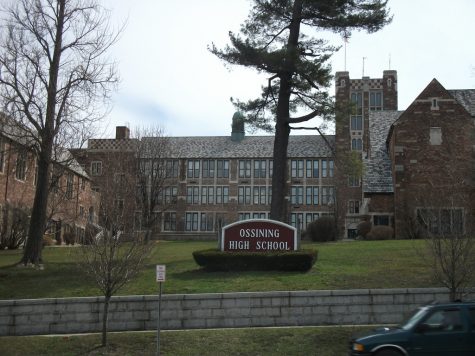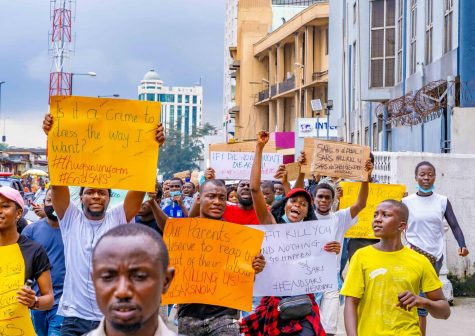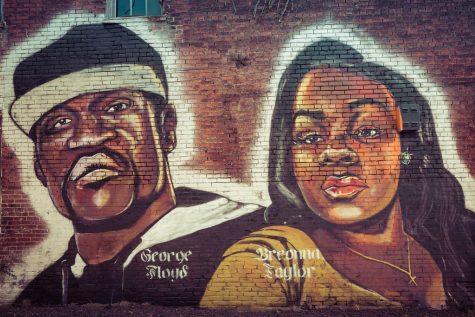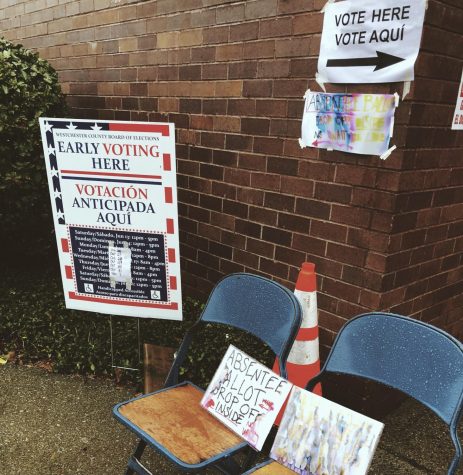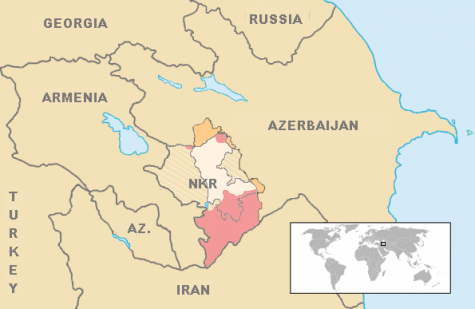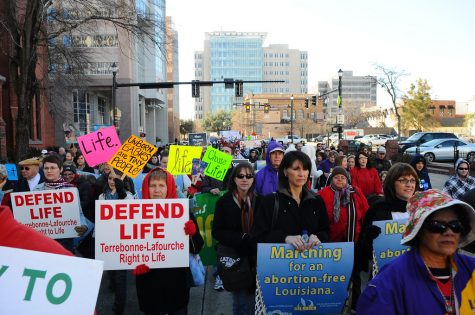Conflict Between Israelis and Palestinians Over Control of the West Bank Continues
December 8, 2020
For decades, the fate of the city of Jerusalem and the West Bank have been uncertain. The Israeli government illegally annexed this land decades ago, and considered it their capital. The Palestinians had plans of making east Jerusalem the capital of their future state, and more than 60% of east Jerusalem’s population is made up of Palestinians.
Ever since Israel took power of the West Bank from Jordan in the 1967 war, there has been conflict over whether or not their actions were legal under international law. The International Court of Justice does not consider the expansion of Israel to be lawful, and in 2004 they decided that the occupied Jewish settlements in the West Bank are illegal under international law. The Israeli government considers this group biased against them, and have disregarded the international court’s opinion. The vast majority of countries around the world consider the annexation of the West Bank and Jerusalem to be a violation of international law. However, in 2017 President Trump, in a reversal of decades long American foreign policy, publicly acknowledged that Jerusalem is Israel’s capital by moving the United States embassy from Tel Aviv to Jerusalem. President Trump was the only major power who publicly acknowledged that Jerusalem was Israel’s capital. The United States is one of Israel’s most important allies, so when Trump publicly acknowledged that Jerusalem was Israel’s capital, the Israeli government took that as their opportunity to tighten their holds on East Jerusalem. Those who have served in the Israeli military have warned that if Israel follows through with their planned annexation of the West Bank, there may be an outbreak of violence in the West Bank.
The expansion of Israel has been highly controversial. Those on the right of the political spectrum are in favor of the annexation of the West Bank and Jerusalem, while those on the left have continued to state their approval of a two-state solution. Those opposed to the Israeli settlements argue that the settlements are illegal under the Fourth Geneva Convention, which made it illegal for an occupying power to use their occupied territory to home their citizens. To combat this, those who are for the expansion argue that the Fourth Geneva Convention does not apply to the West Bank because Jordan, who owned the West Bank before Israel, was never recognized as the sovereign power there, and the area was captured in a defensive war.
Roughly a tenth of Israel’s population lives in east Jerusalem and the West Bank, outside of the recognized borders of Israel. The Israeli government is refusing to grant Palestinians permits to build and live in east Jerusalem, leading to Palestinians living in poor conditions. Although Palestinians make up more than 60% of the population in eastern Jerusalem, they are only granted 30% of permits to build on the land. Palestinians living in Jerusalem have said that due to the difficulty and expense of getting a permit, they are often forced to build their properties illegally, living in constant danger that their homes will be demolished.
Secretary of State Mike Pompeo’s historic trip to Israeli settlements earlier this year, coupled with Bahrain, the United Arab Emirates, and Sudan’s decision to recognize Israel as a state have done little to diffuse tensions between the Palestinians and Israelis. The question about the legality of Israeli settlements and possible resolution to the Israeli-Palestinian conflict has become a pressing matter and will be a crucial aspect of President-elect Joseph R. Biden’s Middle East foreign policy.
Disclaimer: This article pulls upon coverage from The New York Times, Associated Press, and the Washington Post.



